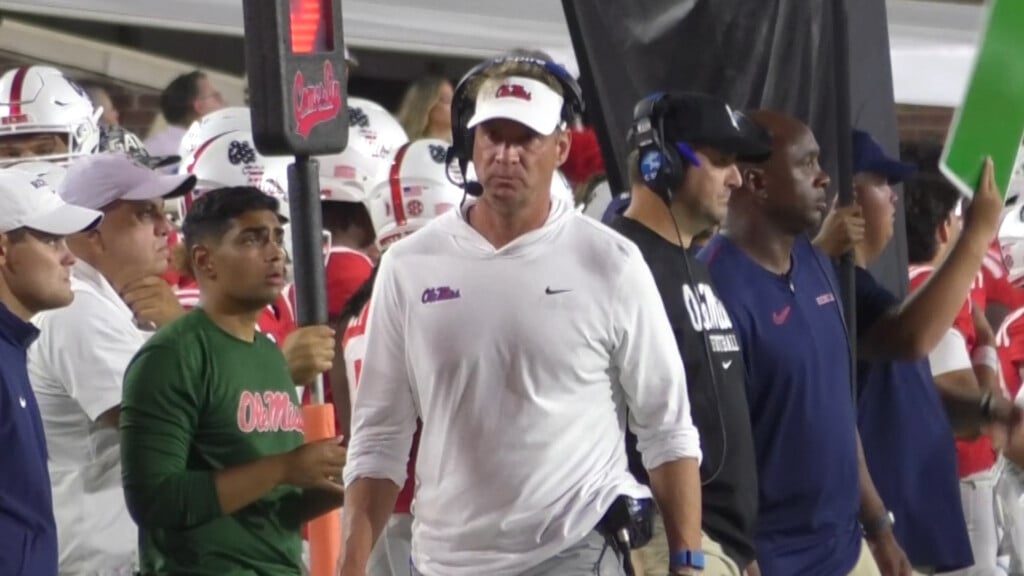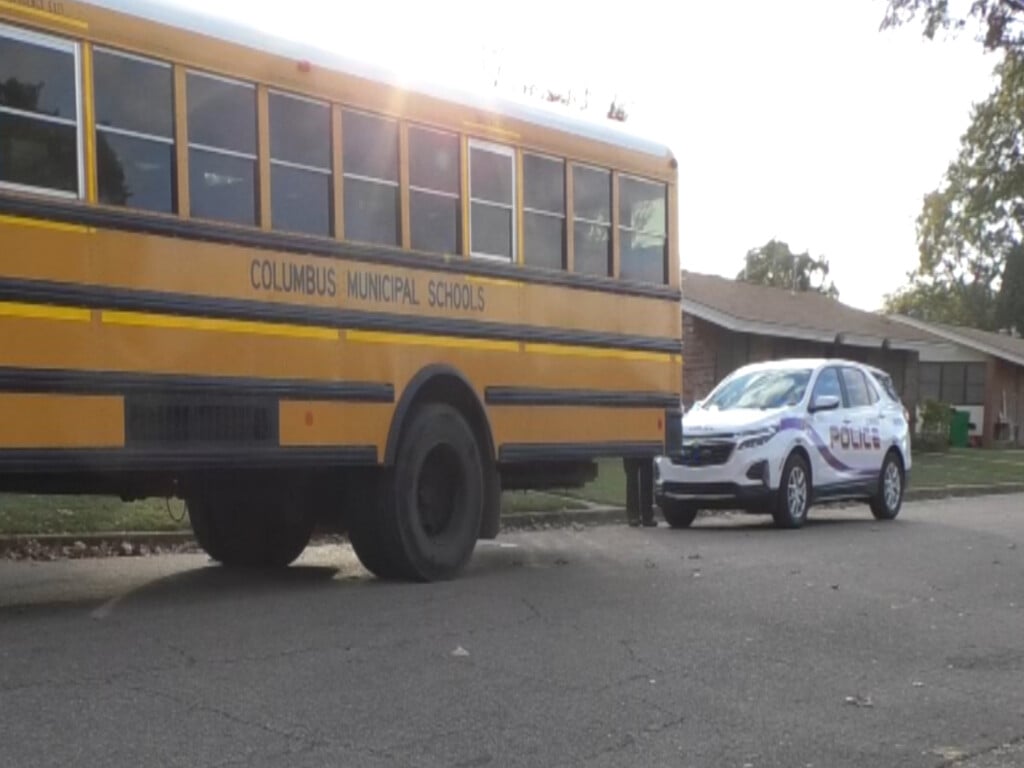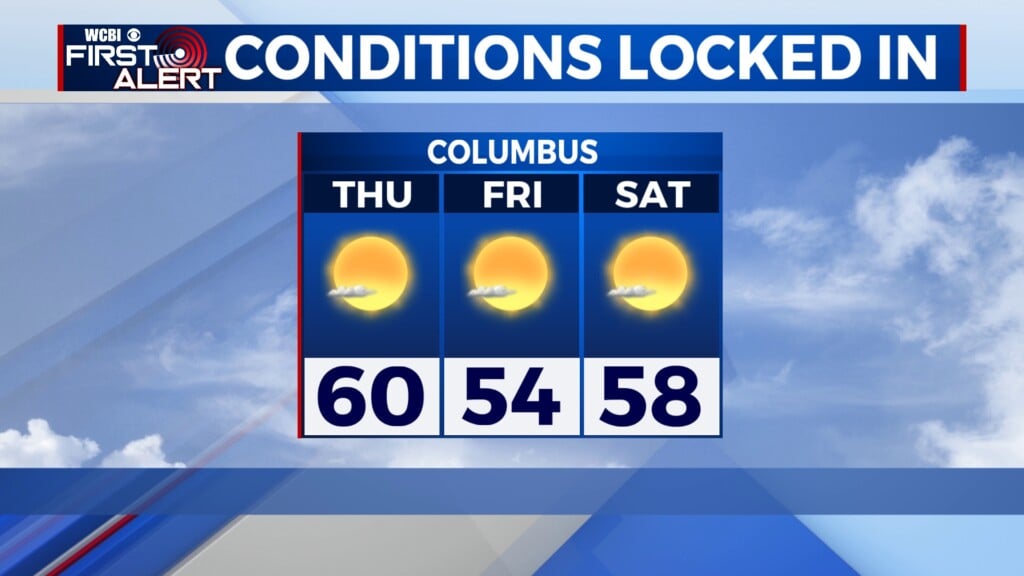Democratic challengers outraise Republican senators in key races
As Democrats set their sights on flipping the Senate from red to blue in 2020, a number of their candidates gearing up in battleground races are showing strong fundraising support starting out the election year. In the first quarter, ending in March, Democratic challengers in Maine, Arizona, Colorado, Montana. North Carolina, Georgia, South Carolina and Kentucky, all outraised Republican incumbents.
The big cash hauls came in a fundraising period that was marked by a series of heated presidential primaries across the country, as well as a Senate impeachment trial that acquitted President Trump mostly along party lines and inspired GOP and Democratic donors alike to give to their party’s candidates.
But despite strong fundraising numbers in the first three months of the year, Democrats still face an uphill battle. Republican senators, with 53 seats, hold the majority with a margin of three seats (or four, if Vice President Pence votes to break a tie). And even though in some key races, Democrats are reporting strong fundraising figures, GOP incumbents have already amassed substantial war chests, giving them a cash advantage for now.
In Maine, Republican Senator Susan Collins is facing one of the toughest re-election bids this cycle. She is being challenged by Maine state House Speaker Sara Gideon. In the first quarter, Gideon’s fundraising skyrocketed from the previous quarter; she brought in more than $7 million to her campaign, including over $6.6 million from individual contributors. She ended the quarter with more than $4.6 million cash on hand.
Collins’ cash haul took a dip from the final quarter of 2019. The incumbent Republican brought in $2.4 million in the first quarter, including just over $1.8 million from individual contributions. The incumbent Republican brought in $2.4 million in the first quarter, including just over $1.8 million from individual contributions. She spent about a million less than Gideon on her campaign over that time period and wrapped up March with $5.6 million cash on hand.
In Arizona, Republican Senator Martha McSally brought in more than $6.3 million in the first quarter of the year, including nearly $6 million for individuals. She started April with more than $10 million cash on hand. Meanwhile, her Democratic challenger Mark Kelly brought in more than $11 million including $10.6 million from individual contributors. Kelly, a retired astronaut and the husband of former Congresswoman Gabrielle Giffords, has been leading in state polls, and now has nearly double what McSally has on hand heading into the second quarter, with $19.7 million. Both candidates saw an increase in funding from the previous quarter closing out 2019.
Further north, in Colorado, where Democrats are trying to unseat Republican Senator Cory Gardner, former Democratic Governor and one time presidential hopeful John Hickenlooper raked in more than $4 million from January through March including more than $3.5 million from individuals. He started April with nearly $4.9 million cash on hand. Gardner, meanwhile, had more than $9.5 million cash on hand at the end of the quarter but raised less than Hickenlooper across the first three months of the year with just under $2.5 million, a slight increase from the final quarter of 2019.
At the same time, Montana Governor Steve Bullock is proving to be a stronger Senate candidate in terms of fundraising than he was as a presidential candidate. Since launching his campaign March 9, Bullock has raised more than $3.3 million in his effort to unseat incumbent GOP Senator Steve Daines, including more than $3.1 million from individuals. Daines brought in less than $1.3 million this quarter, including more than $978,000 from individuals. But Daines maintains a financial edge, with $5.6 million cash on hand closing the quarter, compared to Bullock’s nearly $3.2 million.
In North Carolina, incumbent Republican Senator Thom Tillis’ campaign reported he raised nearly $2.1 million across the entire first quarter, an increase over his 2019 numbers. He closed the first quarter with nearly $6.5 million cash on hand. Meanwhile, Democratic challenger Cal Cunningham raised more than twice what Tillis did in the first quarter but has less than half of what Tillis has in cash on hand, to end the fundraising period with just over $3 million. From January through March, Cunningham brought in nearly $4.4 million including nearly $3.9 million from individuals. North Carolina held its primary during the quarter, and a number of visits from Democratic presidential candidates attracted some attention to the Senate race.
In Georgia, Senator Kelly Loeffler loaned her own campaign $5 million in the first quarter but had just $1.2 million in contributions with less than $1 million of that coming from individuals. Her Democratic challenger Raphael Warnock brought in $1.5 million in contributions including $1.3 million from individuals. Loeffler also faces a primary challenge from Trump favorite, Representative Doug Collins, who was just endorsed by a super PAC supporting Mr. Trump, the Great America PAC. Loeffler has recently come under scrutiny after she and her husband sold millions of dollars worth of stock in late January and early February, before markets tanked because of the coronavirus pandemic.
According to the Cook Political Report, South Carolina is not a battleground; it’s solidly red. However, that hasn’t stopped an avalanche of donations for Democratic Senate candidate Jaime Harrison from flooding in. He raised more than $7 million in the first quarter of the year in his quest to take down incumbent Senator Lindsey Graham, who brought in just $5.6 million, despite his close relationship with President Trump. The president dropped by the state to appear at a rally with Graham in February.
Additionally, Cook Political Report rates Kentucky as likely red, but Democrat Amy McGrath was flooded with more than $12.5 million in donations. Senate Majority Leader Mitch McConnell brought in less than $7.5 million with just $6 million of it from individuals. Each has just under $15 million cash on hand.
In one battleground, the Republican challenger has outraised the Democratic incumbent. In Michigan, John James, with his second Senate bid, hauled in $4.8 million including $4.5 million from individuals during the first quarter in his bid against Senator Gary Peters. Peters had just over $4 million including $3.4 million in contributions from individuals.
Further west in Texas, Democrats combined underperformed the incumbent. Royce West and MJ Hegar will compete in the runoff this summer to take on Republican Senator John Cornyn. In total, the Democrats brought in nearly $2 million, more than half a million less than Cornyn. Additionally, the Republican incumbent already has a nearly $13 million war chest at his disposal.
The fundraising quarter spanned across what has been a whirlwind three months including several pivotal moments for senators and their challengers. It may seem like ages ago, when on February 6, senators broke nearly along party lines to acquit Mr. Trump on two articles of impeachment. The outcome of the trial did not appear to benefit one party over another in terms of individual Senate candidate fundraising.
At the same time, the cash hauls come as the coronavirus put an end to in-person campaigning mid-March. Democratic and Republican strategists told CBS News recently they do not believe the full impact of the pandemic on congressional fundraising will be revealed until the second quarter, as the uncertainty wears on. It’s not yet clear when or if a more traditional boots-on-the-ground approach will move forward. Multiple states have postponed primaries over health concerns and some state officials are taking a hard look at expanding absentee and mail-in voting options as millions of people are forced to remain home to prevent spreading the coronavirus.
“We know full well that we will need to ramp up our fundraising in order to keep pace with Chuck Schumer’s liberal donor machine that is coalescing behind our opponent,” said Tillis’ campaign manager Luke Blanchat in a statement. He also argued Cunningham needed to spend heavily in his primary, leaving Tillis in a strong position heading into the second quarter.
Candidates have been trying out some new approaches to filling their campaign coffers in recent weeks, with virtual events and increasing email and text appeals. Others have started raising funds for local organizations that will potentially be hit hard in the middle of the outbreak.
While the pandemic may have been a disrupter toward the end of the quarter, multiple Democratic state party officials told CBS News they believe the legion of presidential hopefuls holding town halls and rallies across the country also played a role in boosting support for congressional candidates as they swept through primary states on the road to the White House.





Leave a Reply